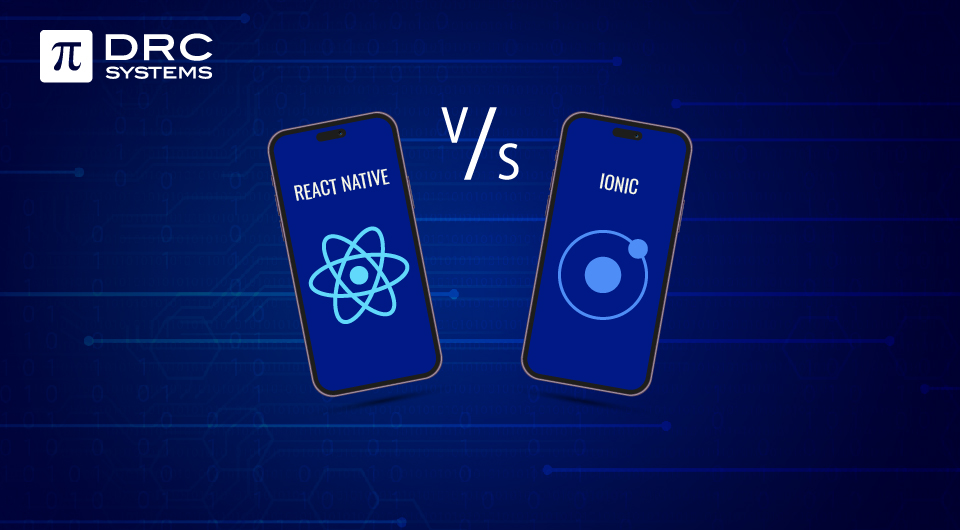Related Articles
Smarter Mobile Apps: How AI is Revolutionizing App Features and Performance
Artificial Intelligence—one of the most powerful technological advancements in recent years—has completely altered the way businesses operate and deliver content,…
Read The PostThe best mobile app development framework for 2024: React Native vs Ionic
This blog explores React Native and Ionic in detail, helping you decide which framework is best for your mobile app development.
Read The PostCheck out the best AI apps for Android in 2023: Top AI Apps
Discover the top 10 AI apps that can enhance your productivity and improve both your personal and professional life.
Read The Post


